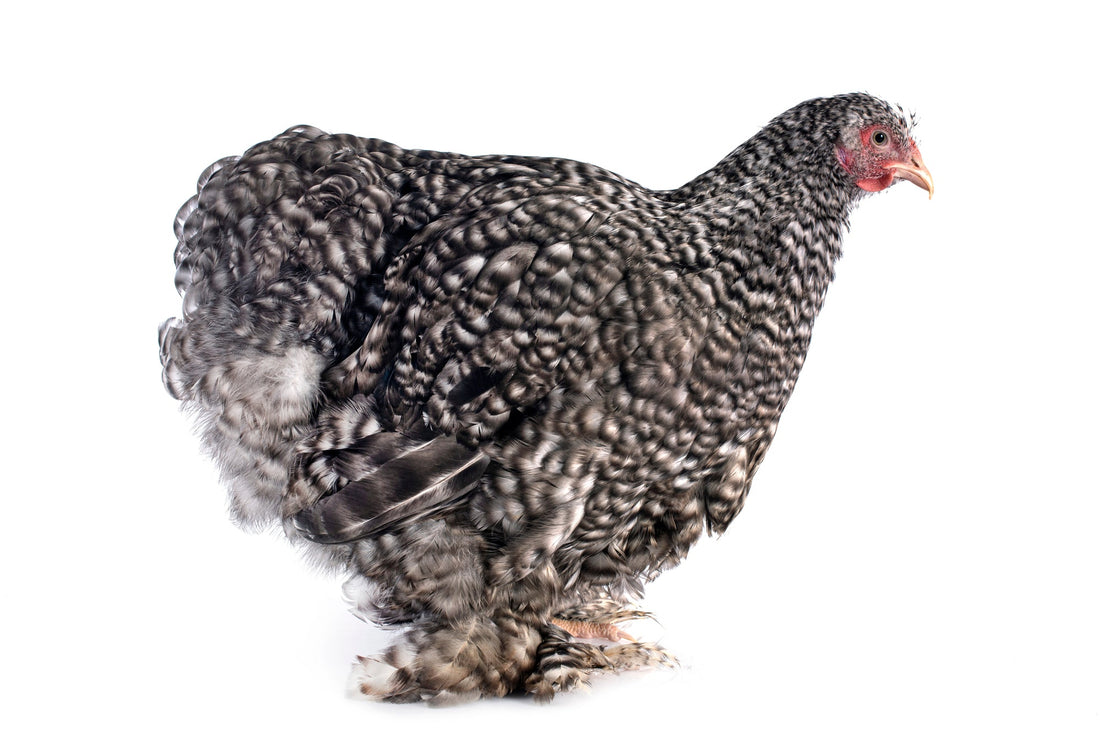The rooster's crow heralds the dawn in many parts of the world, but in China, it carries deeper cultural significance. Chickens, particularly roosters, have long been woven into the fabric of traditional Chinese culture and medicine, their presence stretching back thousands of years. Beyond their culinary importance, these birds play multifaceted roles in various aspects of Chinese life, from symbolism in folklore to vital components of traditional medicine practices.
Feathers of Wisdom: Symbolism in Chinese Culture
In Chinese symbolism, chickens, especially roosters, are emblematic of diligence, fidelity, and auspiciousness. Their daily routine of crowing at dawn symbolizes the start of a new day and the triumph of light over darkness. Additionally, the five virtues of Confucianism—benevolence, righteousness, propriety, wisdom, and fidelity—are often associated with the rooster due to its distinct characteristics. The image of a rooster also adorns many Chinese New Year decorations, representing good fortune and prosperity for the coming year.
From Egg to Plate: Culinary Significance
Chickens are not just symbols; they are also integral to Chinese cuisine. From succulent dishes like General Tso's chicken to the comforting warmth of chicken soup, poultry is a staple in Chinese cooking. In traditional Chinese medicine (TCM), chicken is believed to have warming properties, making it particularly suitable for consumption during colder months. Additionally, chicken feet are a popular delicacy, often enjoyed for their unique texture and believed health benefits, such as promoting joint health and strengthening the immune system.
Backyard Poultry: Domestication and Daily Life
In many rural areas of China, backyard poultry farming is a common practice that dates back centuries. Families raise chickens not only for their eggs and meat but also for their feathers, which are used in various crafts and rituals. Backyard poultry not only provides sustenance but also serves as a source of income for many families, especially in agricultural communities where access to other sources of protein may be limited.
Clucking Remedies: Chickens in Traditional Chinese Medicine
Chickens have a long history of use in TCM, where various parts of the bird are believed to possess medicinal properties. Chicken bones, for example, are often boiled to make a nourishing broth believed to strengthen the bones and improve overall health. Chicken liver is prized for its high iron content and is used to treat anemia and other blood-related conditions. Even the comb and wattles of roosters are believed to have medicinal value, with applications ranging from promoting blood circulation to enhancing fertility.
Warding Off Evil: Chickens in Feng Shui
In Feng Shui, the ancient Chinese practice of arranging spaces to harmonize with the natural world, chickens are believed to bring positive energy and prosperity to a home. Images or figurines of chickens are often placed in strategic locations to ward off evil spirits and attract good luck. The rooster, with its proud bearing and sharp crow, is particularly favored for its ability to dispel negative energy and safeguard against misfortune.
Eggs of Fortune: Symbolism and Superstitions
In Chinese culture, eggs are more than just a nutritious breakfast staple; they are also symbols of fertility, rebirth, and prosperity. During the Chinese New Year, eggs dyed red and decorated with auspicious symbols are exchanged as gifts to bring good luck and blessings for the coming year. Additionally, the act of rolling eggs on the ground during the Spring Festival is believed to ensure a smooth journey ahead and ward off evil spirits.
A Cluck in Time: Chicken in Chinese Astrology
In Chinese astrology, each year is associated with one of twelve animals, each with its own unique characteristics and attributes. The Year of the Rooster, occurring once every twelve years, is believed to bring about significant changes and opportunities. People born under this sign are said to possess traits such as loyalty, punctuality, and resourcefulness, characteristics attributed to the rooster in Chinese culture.
The Future of Chickens in Chinese Culture
As China continues to modernize and urbanize, the role of chickens in traditional culture and medicine may evolve. However, their significance is unlikely to fade entirely, as they remain deeply rooted in the collective consciousness of the Chinese people. Whether as symbols of good fortune, sources of nourishment, or ingredients in traditional remedies, chickens will continue to cluck their way through the annals of Chinese history, reminding us of the rich tapestry of culture and tradition that defines this ancient civilization.
The Enduring Legacy of the Chicken
From the crack of dawn to the twilight hours, chickens have left an indelible mark on every aspect of traditional Chinese culture and medicine. As symbols of prosperity, sources of sustenance, and ingredients in ancient remedies, these humble birds have played a vital role in shaping the cultural landscape of China. As we look to the future, it is essential to preserve and celebrate the rich heritage of the chicken, ensuring that its legacy continues to inspire generations to come.

